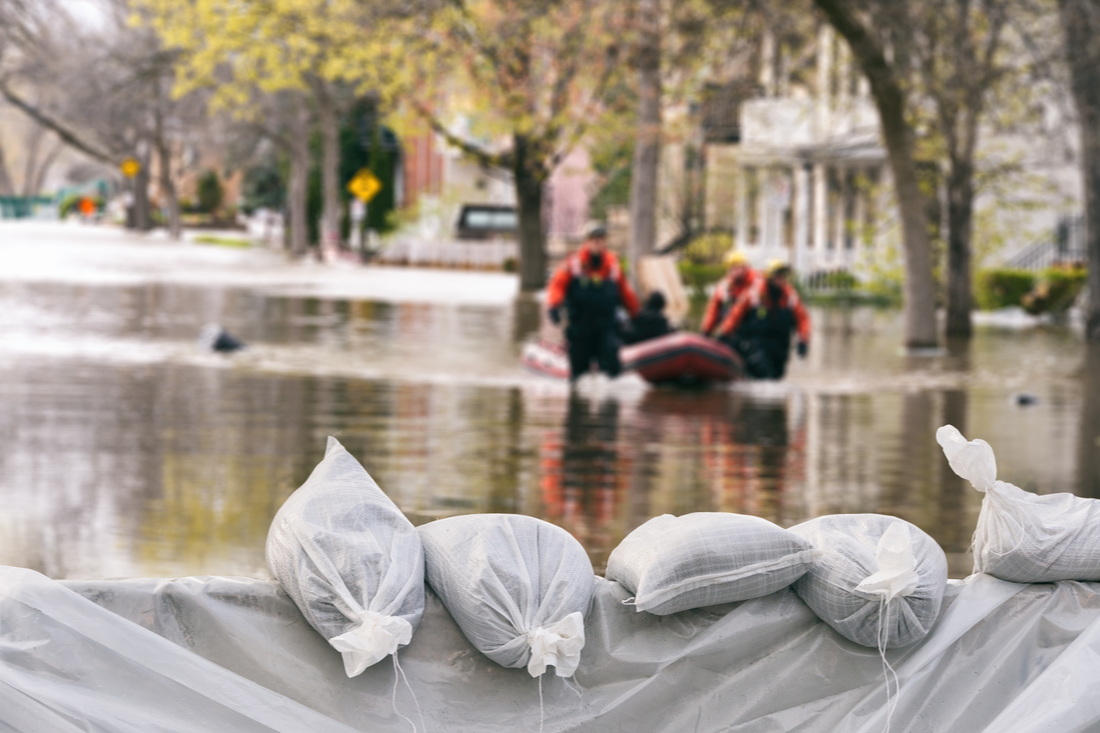
27 Oct 2020 BPC Action Applauds Bipartisan Bill to Enhance Flooding Resilience in Energy and Environment
BPC Action supports the bipartisan Flood Resiliency and Taxpayer Savings Act of 2020, introduced by Reps. David Price (D-NC) and Lee Zeldin (R-NY). This bill would direct federal agencies to plan for future risks and mitigate them when taxpayer dollars are used to build and rebuild in flood-prone areas.
Since 2000, flood-related disasters in the U.S. accounted for more than $845 billion in losses, making them the costliest disaster threat in the nation. That threat is also on the rise. In the last 10 years alone, there have been 25 “500-year” storms.
As disasters increase in number and severity, the cost to taxpayers to recover and rebuild from flood-related disasters climbs higher too. In fact, the federal government’s share of recovery funding has grown from just 26% of costs in 2004 to 70% today. With rising risks and an exploding federal debt, a greater priority must be placed on controlling these costs. Research has shown that investments in adaptation and resilience are highly cost-effective—every $1 spent on flooding mitigation can result in up to $8 of savings in prevented damages.
Importantly, the Flood Resiliency and Taxpayers Savings Act requires that federal investments are directed to building safer and more sustainable communities while promoting fiscal responsibility. The bill calls on federal agencies to use the best available data, including FEMA maps, state and local assessments, and other studies, to assess climate- and disaster-related hazards over the intended life of infrastructure projects. The bill also flexibly allows for the utilization of a wide range of potential safeguards—such as nature-based systems, structural elevation, hardening, or other resilience strategies—to shield federal investments from future damages.
BPC Action looks forward to working with Congress to pass this important bill to help communities understand flood-related risks and adapt.
Additional resources from BPC to learn more:
